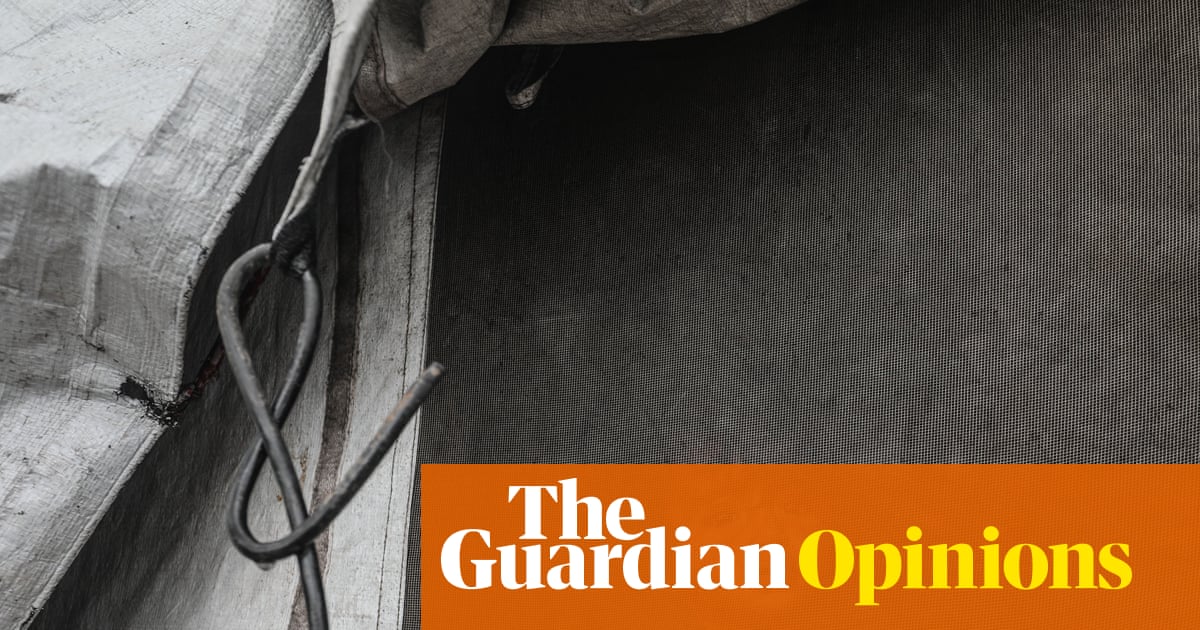I am emerging into the light after the first chapter of potty training our toddler. This involved not leaving the house for several days and gleefully shouting, “No more nappies!” as our daughter ran around bare-bummed and we began learning together how to get the poo and wee in the potty. I’m finding it a fascinating process – as well as messy, devastating and joyful. I learned a lot from reading Oh Crap! Potty Training, by Jamie Glowacki; one particular line hit me like the smell of new poo all over our cream carpet: “If you put pressure on the process, it will collapse.”
This is not only true of potty training. Sex, relationships, learning, play, recovery – these are processes that need to unfold in their own way and time, because under pressure they will warp, buckle and collapse. Understanding this is key to building a better life – but it is much easier to know this cognitively than it is to actually live it.
We might say, “No pressure”, but saying something does not make it so. We suffer from a profound and painful longing for things to be done right away – for there to be, instead of a process, a button to press that makes it happen. I wonder if it was this unconscious wish for immediacy that led humankind to develop machines and technology. Perhaps the inventors of the button in the late 19th century were driven by their frustration about the time it takes to grow and develop and learn and form relationships and raise children, and they created something that makes an instant change. You press a button and something happens – a light goes on or a sound comes out or an explosion goes off. This is seductive for so many of us; it gives the intoxicating illusion of control. Whenever we get home, as soon as my daughter sees the doorbell, she says: “I want to press button.” Like many other children and indeed adults, she enjoys pressing her mother’s buttons, too.
We live in an era when so much can be achieved so quickly by the press of a button and its close relative, the stroke of a screen, that it is difficult to accept that many things do not work that way. Being in a process is a very different beast. A button works perfectly under pressure; a process may collapse. A button is easy to press; a process can be hard to bear. A process involves giving up the illusion of control and instead discovering the liberation and limits of one’s own agency, as well as accepting you don’t know things and tolerating being a beginner. I have realised in psychoanalysis just how abominable all this feels to me – and that’s part of why I’m still in it.
As a new patient, I wanted instant results, and convinced myself that I had already changed, had already grown out of my difficulties after just a few months. Fortunately my analyst declined my invitation to collude with my fantasy that I could bypass the painful, difficult and complex process of real internal growth, which is not linear, and which develops from the inside out. Instead, she offered me her thoughts about what was truly going on for me unconsciously, as well as her capacity to bear the feelings I wanted to control-alt-delete.
This experience has shaped my view that it is absolutely crucial that a therapist is able to identify the inevitable conscious and unconscious pressures coming from a patient, and to draw attention to them. The therapist might then be able to open up the possibility to explore that pressure, so the patient might have thoughts and feelings about it, to understand where it comes from and how it plays out in their internal and external worlds, in their past and present. It was a tremendous relief for me to discover that my analyst was able to be separate from me in this way, to have thoughts about the pressure I suffered, rather than be crushed by it, like me.
Am I advocating some kind of loosey-goosey, anything-goes, pooing-on-the-carpet anarchy as the only alternative to pressure? I am not. I think this assumption, that there can only be two alternatives – pressure or “anything goes” – can make it very difficult for us to find our way through any kind of developmental process, alone or with a partner, friend, colleague, child, patient or therapist.
Being in a process is what it means to build a life – in childhood as in adulthood, with its better times, its worse times and everything in between. I realise this all over again every time I argue with my husband and we find a way to repair. And every time I come out of a session with my analyst and I feel completely lost. And every time my daughter has an accident and I say: “Next time, you need to try to do it in the potty.”
Although it is painful and frustrating to recognise that nothing meaningful can be fixed by pressing a button, I also find it grounding. It’s a relief to recognise that I’m in all these processes and each has its own life, and although I have agency, I am not in control of their trajectories. This understanding, which ebbs and flows and is not always with me, brings me hope that feels rooted in ordinary reality, rather than a chimeric, filtered, blemish-free selfie fantasy. It can feel quite subversive in our times of cancelling and culture wars and swiping left or right. It leaves me feeling freer, more fulfilled and more real.

 3 months ago
71
3 months ago
71

















































